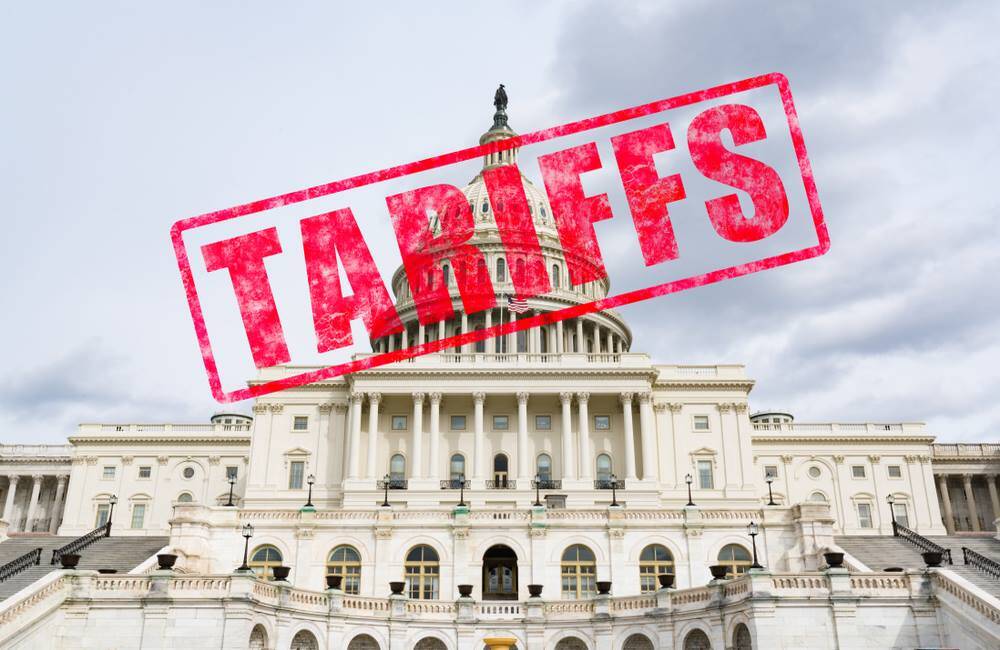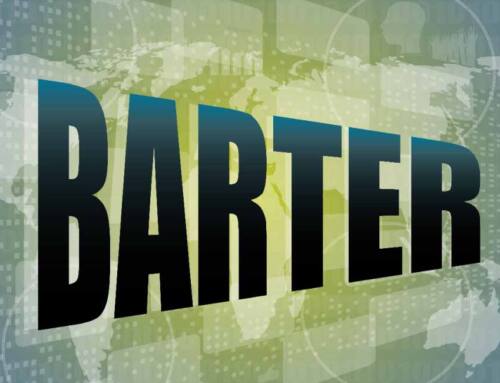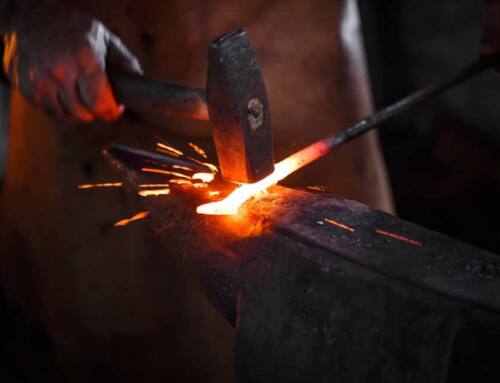The steel tariffs imposed by President Donald Trump in 2018 continue to have an impact across American industries. Five of the most impacted industries are automobiles, motorcycles, beer, knives and aerospace.
Trump initially imposed the tariffs on every country other than Mexico, Canada and the European Union. However, in May 2018 he extended the tariffs to include those countries. The resulting increase in steel prices have created challenges for many industries. But some have been hit worse than others.
What The Tariffs Are Meant to Accomplish
Trump is imposing the tariffs because he wants countries to lower their tariffs on imported goods from the United States. He also wants to increase costs on imports, driving American businesses to locate warehouses and manufacturing jobs in the United States. He has been especially critical of companies such as Ford that have plants in Mexico.
The tariffs also have been a boon for the American steel industry, which the president strongly supports.
A new deal was hammered out with Canada and Mexico in March 2019 that removed the higher tariffs. Also, Argentina, Brazil, Australia and South Korea all have exemptions from the higher tariffs. The country that it hit hardest was China and countries in the European Union.
Here are some of the industries hit by the steel tariffs.
Motorcycles
Harley Davidson is being hit by the increase in steel and aluminum costs brought on by the steel tariffs, according to USA Today. They also got the double whammy of being hurt by the European Union raising tariffs on American goods in retaliation. Harley Davidson sells many motorcycles in Europe.
Beer
Rising steel and aluminum prices brought on by steel tariffs are expected to eventually impact the price of beer or any industry that uses steel and aluminum cans with its product. The president of the Beer Institute told USA Today that it was just a matter of time before costs increased for these businesses, meaning potentially higher prices for consumers.
Autos
Sales had already dipped before the tariffs were announced. With the cost of importing steel increased and potentially larger tariffs hitting cars built here and exported elsewhere, the auto industry is getting hit perhaps the hardest by the tariffs. Prices remain stable, but Bloomberg reported the future remains uncertain.
Knives
For larger companies that manufacture knives, the cost of steel accounts for about 25% of the total costs, according to Knife News. For both the larger and smaller knife companies that build their knife designs in China, finding suppliers outside of China is very challenging. Unless knives are built in-house, which requires expertise and specialized equipment, there does not yet exist knife building manufacturers to scale in the USA. At this point, both small and large companies are feeling the pinch of higher tariffs.
Examples have cropped up around the country, including a South Carolina knife maker that has had to lay off employees and is struggling to stay afloat. Many knife companies raised their prices earlier this year in anticipation of the increased tariffs. KRUDO Knives is working to hold their prices at the same levels without raising them even though the tariffs are also affecting their bottom line.
Aerospace
The aerospace industry also uses a great deal of steel. Much like the auto and motorcycle industry, the tariffs have increased costs. While aerospace has generated a $86 billion trade surplus in the past, a protracted trade war could lead to loss of jobs in the industry.
Where this all leads is anyone’s guess, as negotiations between countries are ongoing. However, for now, these industries will have to deal with troubled economic waters. They also will face the prospect of making strategic changes in their approach to business if the steel tariffs continue.







Leave A Comment